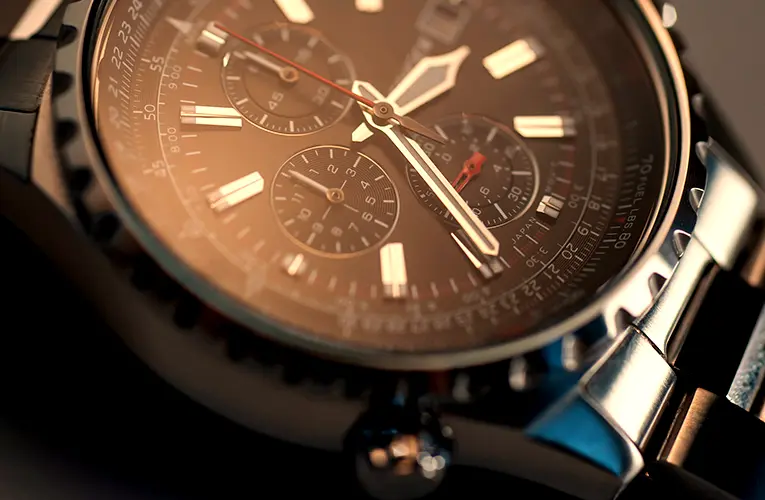“Tick-Tock Scam: How Fake Degrees Fund Luxury Watch Collections”
In the realm where aspirations meet deception, the phenomenon of fake degrees has taken an unexpected turn towards luxury watch collections. This 15,000-word exploration delves into the intriguing intersection of fraudulent academic credentials and the world of haute horlogerie. It unravels the motivations, methods, and consequences of individuals acquiring fake degrees to finance and flaunt extravagant timepiece collections.
The investigation begins by unveiling the shadowy world of diploma mills and fake universities, detailing how these entities exploit ambitions for prestige and success. It explores the sophisticated techniques used to create and market counterfeit academic qualifications, blurring the lines between legitimacy and deception. Through case studies and firsthand accounts, the study illustrates the allure of luxury watches as status symbols and the lengths to which some individuals will go to attain them through fraudulent means.
Central to this analysis is an exploration of the psychological and societal drivers behind the pursuit of luxury watches fueled by fake degrees. It examines the psychological factors and social pressures that drive individuals to seek validation and status through material possessions, particularly high-end timepieces. Moreover, it scrutinizes the broader implications for industries catering to affluent consumers, including the challenges posed by fraudulent credentials on reputation and trust.
The study also delves into the regulatory and legal frameworks surrounding fraudulent academic credentials, assessing the effectiveness of current measures in addressing this complex issue. It examines the roles of law enforcement, educational institutions, and regulatory bodies in detecting and combating diploma mills, as well as the penalties and consequences for those involved in perpetrating or benefiting from fraudulent activities.
Furthermore, the investigation explores the role of insurance in mitigating risks associated with luxury purchases funded by fake degrees. It analyzes the complexities of insurance coverage and policies concerning fraudulent claims and misrepresentations, exploring how insurers assess risk and protect against losses in this unique context.
Ultimately, “Tick-Tock Scam: How Fake Degrees Fund Luxury Watch Collections” seeks to unravel the intricate relationship between fraudulent academic credentials and the pursuit of luxury timepieces. It offers a comprehensive exploration of the motivations, methods, and consequences involved, shedding light on the complex dynamics at play when ambition and deception intersect in the world of haute horlogerie.
Through meticulous research, case analysis, and expert insights, this study provides a compelling narrative that illuminates the multifaceted challenges posed by fake degrees in the context of luxury consumption. It serves as a valuable resource for academics, policymakers, industry professionals, and individuals seeking to understand and address the broader implications of fraudulent credentials in the luxury watch market.










